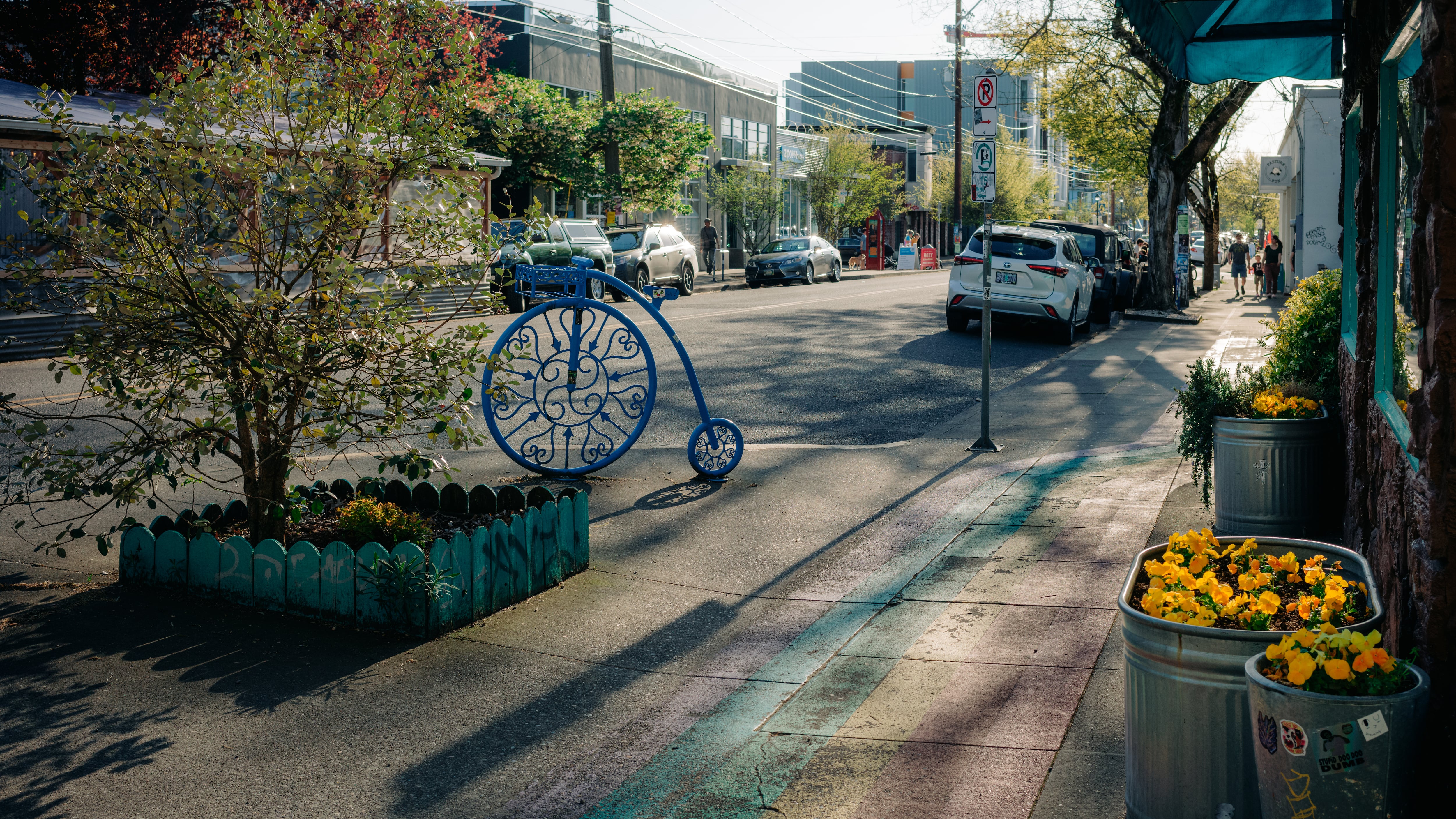You, sound incompetent and like a defeatist. Let’s just sit around and wait for the “gumbmint” tO Do iT 4 uS. If it meant practical choices have to by pass ineffective laziness due to the negligence of tax funded officials and programs, DO IT YOURSELF. Also, learn how to talk to people a bit better. —Rob B.
I bow to your superior tact and diplomacy, Rob, and if your road construction skills are anything like your sentence construction skills, I have no doubt you’d make a remarkable addition to any repair crew. For the folks at home, the column in question was about how the city doesn’t want random Portlanders trying to fix potholes themselves. After publication, it met with a fair bit of pushback from readers, as above.
And I sympathize! (Never mind that these same folks would be the first to scream “tyranny!” if the government actually asked them to help with the potholes.) The combination of inflation and more fuel-efficient vehicles means the state gas tax that funds a lot of our road construction has less than half the buying power it had when it was initially approved. If people want to pitch in and help, shouldn’t we let them? Individuals and government, working hand in hand, restoring faith in our institutions! Kumbaya!
The problem, as I said last week, is that private individuals typically don’t have the skills or equipment to do street repairs that meet city maintenance standards. (I shortened this to “most people are idiots,” but it’s the same thing.) After some more research, however, I found some good news for those dead set on fixing a hole.
For starters, if the hole you’re bitching about is on one of our city’s unmaintained blocks—those for which the city is not responsible, often marked by a “Roadway Not Improved” sign—knock yourself out. (You know it’s the Wild West when a Portland Bureau of Transportation spokesperson says, “You don’t even need a permit!”)
Finally, I learned it’s not actually illegal to do your own street repair. It’s just illegal (and civilly actionable) to damage the roadway or alter it in a way that creates a hazard. Follow the standards outlined in the 1,298-page “City of Portland Standard Construction Specifications” and you’ll be fine. (Don’t forget to maintain the crack sealant in your indirect-heating, mechanically agitated double boiler between 280 and 400 degrees—that’s the one that always gets me.)
Questions? Send them to dr.know@wweek.com.
